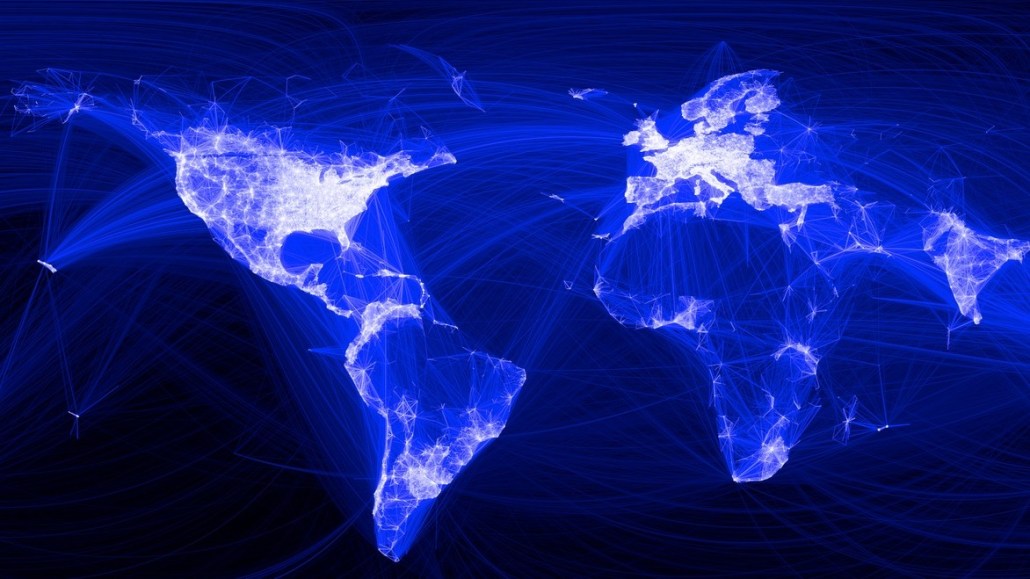Last chance to save on Digiday Publishing Summit passes is February 9

Facebook is dealing with doubts about whether it will live up to expectations. This is a normal part of the hype cycle most hot tech companies go through. But under it all, there appears a fundamental misunderstanding on the part of Silicon Valley and Wall Street. Facebook is not Google.
Google’s remarkable rise was, as Peter Hershberg points out, very under-appreciated. Google’s IPO opened many people’s eyes to the wonder of search advertising, a “beautiful system” in the words of ex-Yahoo CEO Terry Semel where ads were actually helpful, unobtrusive and incredibly effective. Dalton Caldwell rightly termed what Google accomplished as “alchemy”: It took search results pages that were nearly worthless to Yahoo and made them incredibly valuable. Google’s alchemy, aka AdWords, was done by adopting the Web’s original native ad format, sponsored listings, and marrying that to the most powerful piece of data the Web’s produced: the intent signal.
That is a once-in-a-generation business model. AdWords gushed money and funded God knows how many harebrained efforts from Knol to Lively to space exploration. But AdWords ended up teaching Silicon Valley the wrong lesson. It taught entrepreneurs and VCs that the ad business was a basic engineering problem that could be solved with an algorithm. In fact, the biggest section of advertising (brand building) doesn’t work that way at all. There is more art than science in brand advertising.
Facebook, to its credit, is trying to pioneer a new form of advertising based on social signals. These are not direct intent signals like Google had in search. It will always be harder to turn a social signal into ad dollars because Facebook is in the attention-bartering business, a messy market that requires relationships, hand-holding and all sorts of stuff Silicon Valley pretends doesn’t matter. On top of that, Facebook is betting on a native advertising format, sponsored stories, that is unproven and foreign to marketers. It will take time for Facebook to sort this out, if it does.
Until then, time to stop comparing Facebook to Google.
More in Media

Brands invest in creators for reach as celebs fill the Big Game spots
The Super Bowl is no longer just about day-of posts or prime-time commercials, but the expanding creator ecosystem surrounding it.

WTF is the IAB’s AI Accountability for Publishers Act (and what happens next)?
The IAB introduced a draft bill to make AI companies pay for scraping publishers’ content. Here’s how it’ll differ from copyright law, and what comes next.

Media Briefing: A solid Q4 gives publishers breathing room as they build revenue beyond search
Q4 gave publishers a win — but as ad dollars return, AI-driven discovery shifts mean growth in 2026 will hinge on relevance, not reach.





